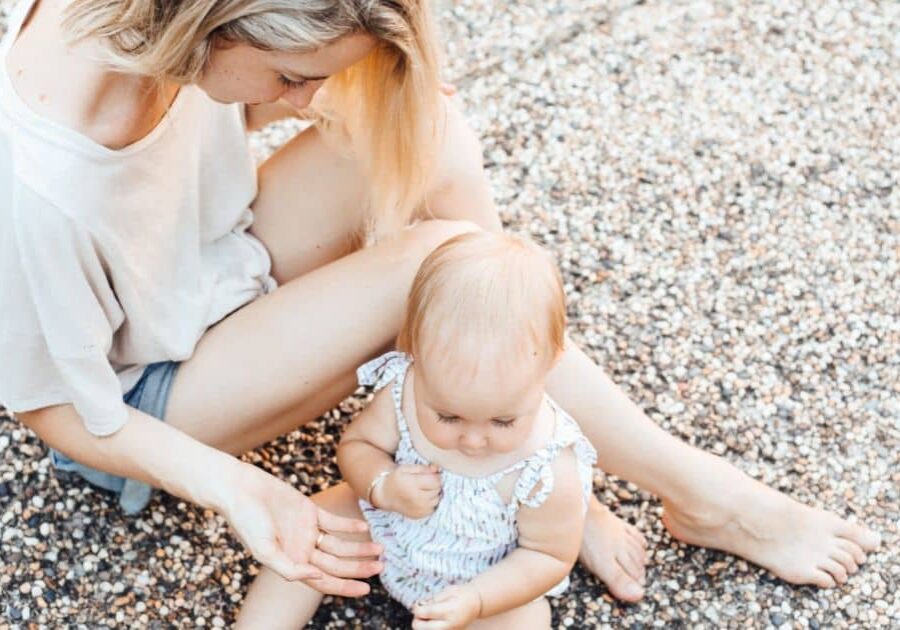Caring for a needy newborn? Keeping up with a busy baby? These tasks can be a obstacle for an experienced caregiver, but can seem almost impossible for a new parent. If you have a disability, preparing for parenthood can be even more challenging. More than four million Americans are parents of kids under the age of 18 and have a disability.
If you’re dealing with a physical disability there are simple modifications that will help make caring for kids much easier.
This includes disabilities that:
- limit your mobility,
- compromise your balance,
- or mean you rely on an assistive device such as a walker or wheelchair.
Here are some changes you can make to help you prepare for parenthood:
Home Modifications
Whether you’ve been living in your home for a while or recently made a move to better accommodate your newest family member, it makes sense to evaluate the space specifically with childcare chores in mind. For instance, you may be able to navigate steps, but that could be much more challenging if your carrying a child or toting bulky baby gear. If that’s the case, you might want to purchase a prefabricated ramp or build and install one that gives your home at least one step-free entrance, according to Redfin. As an added bonus, a ramp will make it much easier to get a stroller in and out of the house.
Along those same lines, consider the additional challenges carrying or bathing a child might create and evaluate your flooring. If you haven’t already, you may want to install slip-resistant floor coverings, especially in areas including your kitchen and bathroom where floors are more likely to get wet. You might also want to install grab bars and a hand-held sprayer in your bathtub to make baby bath-time safer and easier.
Adaptive Equipment
Depending on your disability, you might need specialty equipment to help you care for your child. For instance, if you use a wheelchair, many standard cribs and changing tables could prove inaccessible. Adaptive equipment, such as a crib with a door on the side, can be costly, however. It might make sense to invest in safe modifications you can make yourself. For example, removing the legs from a standard crib to make it more accessible for wheelchair users.
You should also seek out agencies and organizations that offer training and other resources for prospective parents with disabilities. For example, some healthcare providers may provide home visits during which an expert will evaluate your living space and suggest changes that could make childcare chores easier. Healthcare professionals can also offer advice and training on ergonomically sound techniques and best practices for completing common childcare tasks, as well as lend out adaptive equipment for parents to try.
Financial Planning
Borrowing adaptive equipment is an excellent way to test before you invest. This will help prevent buying something you may not find useful. In fact, you should keep a close eye on your baby budget overall. Don’t hesitate to accept gently worn clothing. After all, babies grow so fast that they may only be able to wear clothes for a few weeks. Borrow books instead of buying them and splurge on your own copy of a title only after it proves itself as a favorite.
It’s also important to review your healthcare coverage and other insurance with parenthood in mind. You should have a good grasp on your health insurance’s maternity coverage, deductibles, and copayment costs. Also be sure to understand how adding a dependent will affect your policy overall. Similarly, it’s a wise idea for any expectant parent, regardless of whether they have an existing disability, to review the details of life and short-term disability insurance policies, according to USA Today.
Conclusion
Preparing for parenthood might seem daunting, especially if you’re dealing with a disability. But all the time and effort will be more than worth it when you realize you can confidently and capably care for your child.

